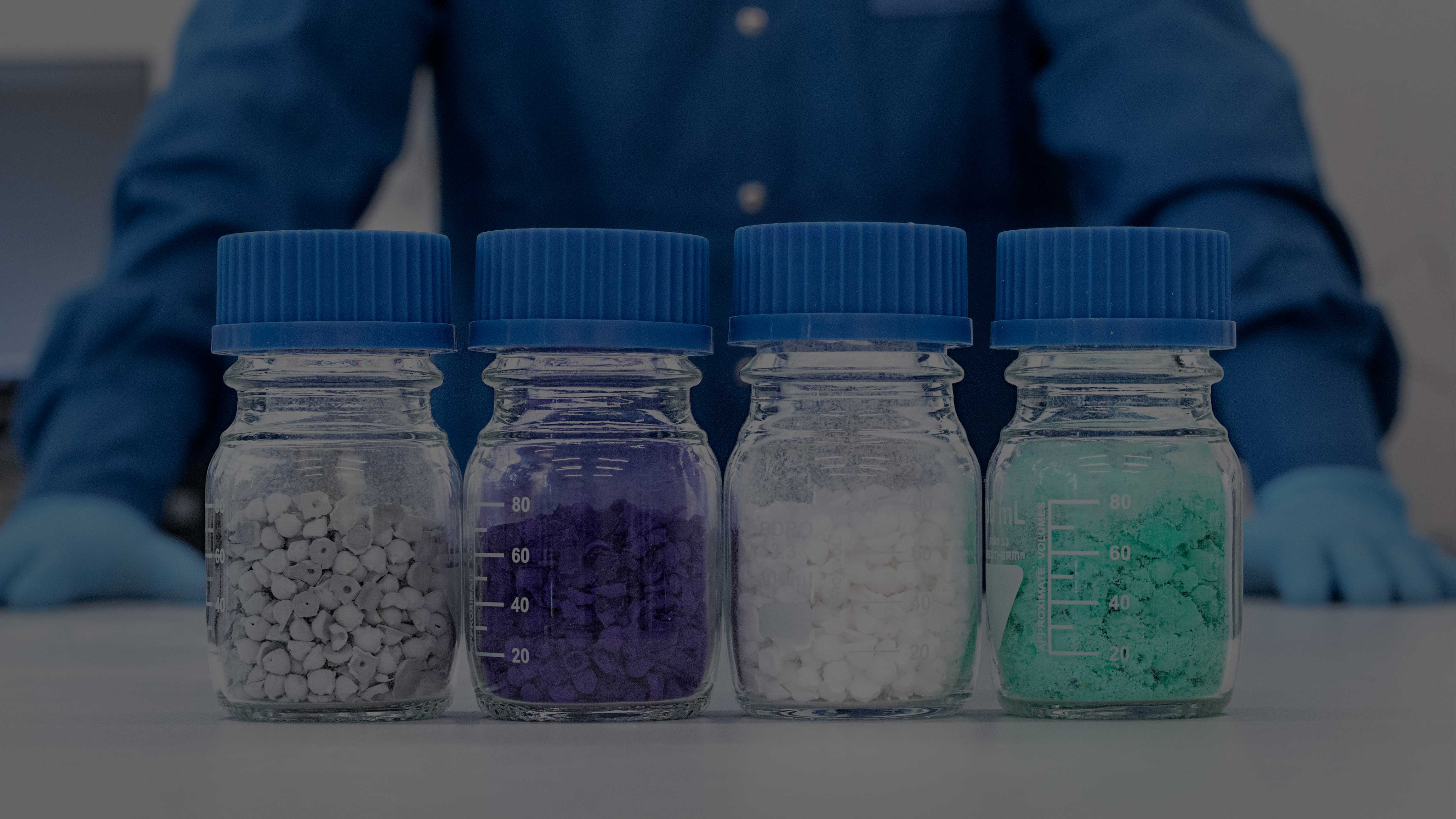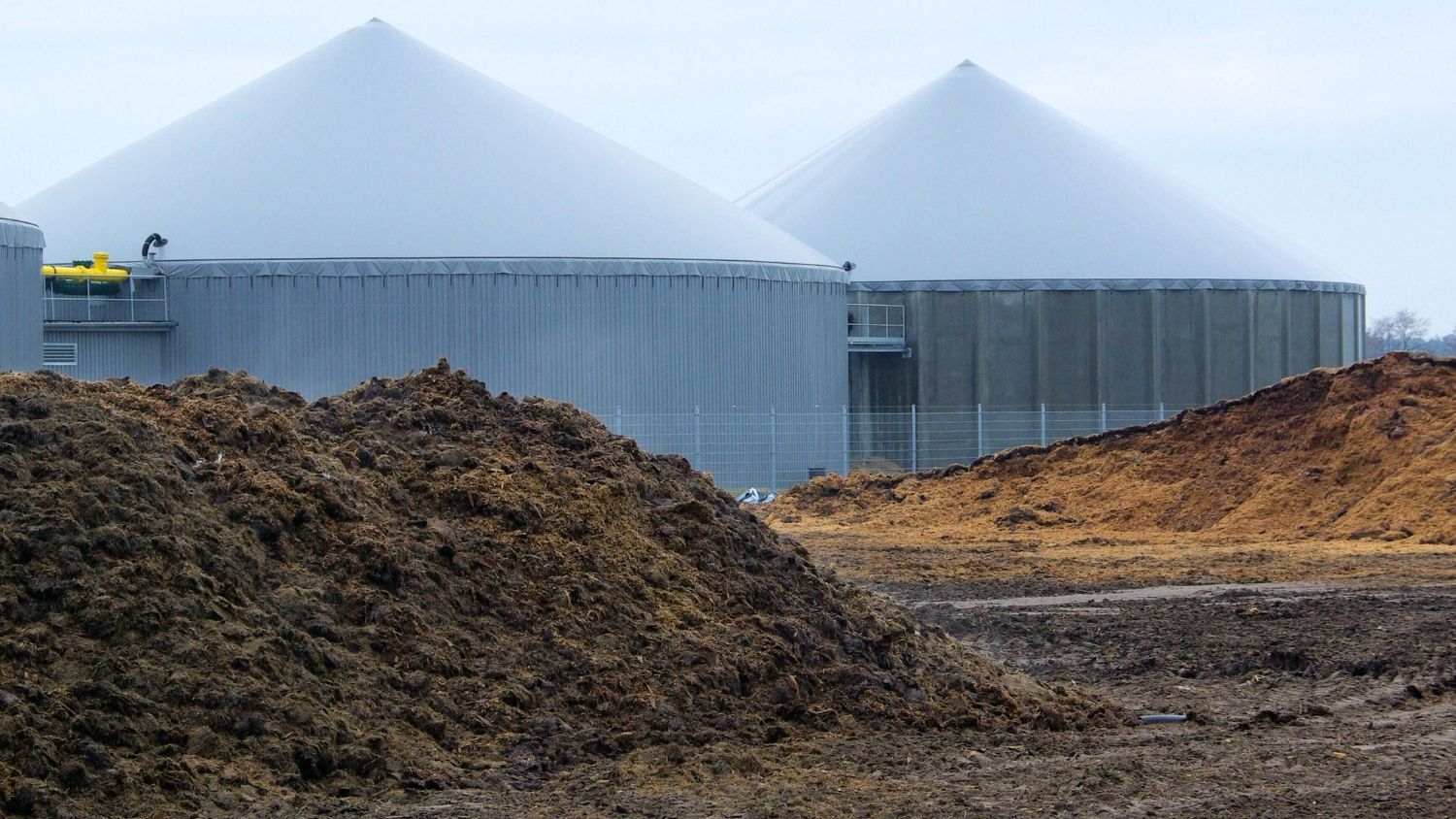Despite the efforts made to develop efficient separation technologies, biogas upgrading remains a big challenge due to the energetic requirement of typical methods like cryogenic distillation or liquefaction. For this matter, membrane technology offers advantages such as lower energy costs and is therefore more environmentally friendly. However, the search for new materials to increase the separation efficiency of membrane systems continues. In this sense, novel materials such as Metal-Organic Frameworks (MOFs) are an excellent option for fabricating membrane systems showing improved performance for practical applications.
Membrane requirements for biogas upgrading
Membrane-based separation for biogas upgrading can be defined as a kind of selective filtration. During the upgrading process, methane is retained while CO2 permeates through the membrane. Factors affecting the effectiveness of such systems include membrane material, membrane thickness, and chemical properties. The performance of the separation process is evaluated by the permeance and selectivity of the membrane..png?width=600&name=Untitled%20design%20(2).png) Two types of materials are commonly used to fabricate membranes for gas separation, polymeric (organic) and inorganic materials. Polymeric materials are the most studied and employed; they consist of various materials such as polyacetylenes, polyarylene ethers, polyarylates, polycarbonates, polyimides, polyprolones, and polysulfones. Inorganic materials include zeolites, silica, and zirconia. In gas separation applications, inorganic membranes possess superior permeability, selectivity, and chemical and thermal stability compared to polymeric membranes. However, they can suffer from low mechanical resistance that reflects their short lifespan. Owing to their flexibility and ease of processing, polymeric membranes can be a good candidate for real-world applications. The efforts to improve the performance of polymeric membranes resulted in the emergence of Mixed Matrix Membranes (MMMs) consisting of a polymeric matrix filled with inorganic molecules that increase the permeance and selectivity of the native polymer material.
Two types of materials are commonly used to fabricate membranes for gas separation, polymeric (organic) and inorganic materials. Polymeric materials are the most studied and employed; they consist of various materials such as polyacetylenes, polyarylene ethers, polyarylates, polycarbonates, polyimides, polyprolones, and polysulfones. Inorganic materials include zeolites, silica, and zirconia. In gas separation applications, inorganic membranes possess superior permeability, selectivity, and chemical and thermal stability compared to polymeric membranes. However, they can suffer from low mechanical resistance that reflects their short lifespan. Owing to their flexibility and ease of processing, polymeric membranes can be a good candidate for real-world applications. The efforts to improve the performance of polymeric membranes resulted in the emergence of Mixed Matrix Membranes (MMMs) consisting of a polymeric matrix filled with inorganic molecules that increase the permeance and selectivity of the native polymer material.
Challenges in biogas upgrading
One of the difficulties in biogas upgrading arises due to the similar kinetic diameter of CO2 and CH4 (0.33 and 0.36 nm, respectively). Therefore, it is necessary to include a selective material towards one of the main components of raw biogas. Materials such as Metal-Organic Frameworks (MOFs) are included in MMMs to favor CO2 adsorption on the membrane, increasing the permeance of this gas through the membrane. Moreover, these hybrid membranes can offer better stability at high temperatures, long service life, and enhanced selectivity.
MOFs are crystalline materials with high porosity and consist of a metal center joined by organic ligands. MOFs offer great versatility during fabrication, and they can be tuned for different applications. The properties of MOFs have been explored in applications like sensors, catalysts, drug carriers, energy storage, and gas separation.
MOF-based membranes for biogas upgrading
MOFs have been used widely to enhance the properties of MMMs; some examples of the MOFs used for gas separations include ZIF-8, UiO-66, and MIL-101(Cr). The selected MOFs for biogas upgrading have a high CO2 adsorption capacity. For instance, in a recent work, MOF UiO-66 was used to fabricate MMMs in combination with a porous asymmetric polyimide and polytrimethylsilyl-propyne.
The performance of the MOF-based membrane was tested for the separation of CO2/CH4 equimolar mixtures. The results showed an optimum value of permeance of 11.5 GPU of CO2 and a selectivity of 55.6 with a 10 wt% loading of UiO-66 (at 5 bar). Although the permeance of the system is moderate, the selectivity is higher than the typical value for polymeric membranes, which is found between 13.6 and 18.0.

Membrane technology is a promising alternative for biogas upgrading, offering advantages including simple operation, low energy consumption, ease of scalability, and a reduction in the use of hazardous chemicals. The incorporation of MOF materials into MMMs can improve the performance and stability of the membrane system.
Owing to the easy tunability of MOFs, they have been used for other gas separation processes besides biogas upgrading. If you want to discover other applications for MOFs, please visit our previous blog posts.




.jpg)
